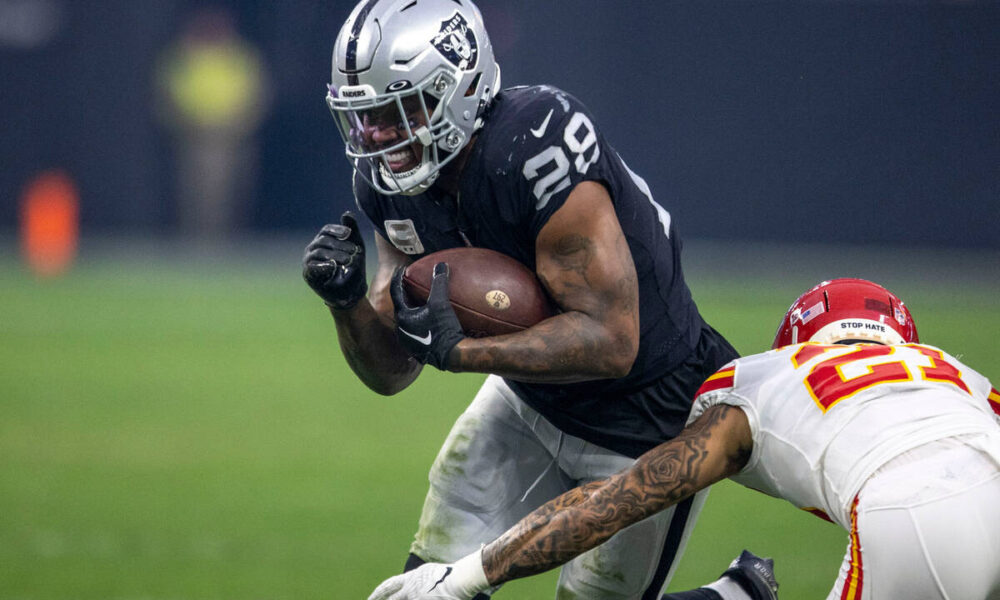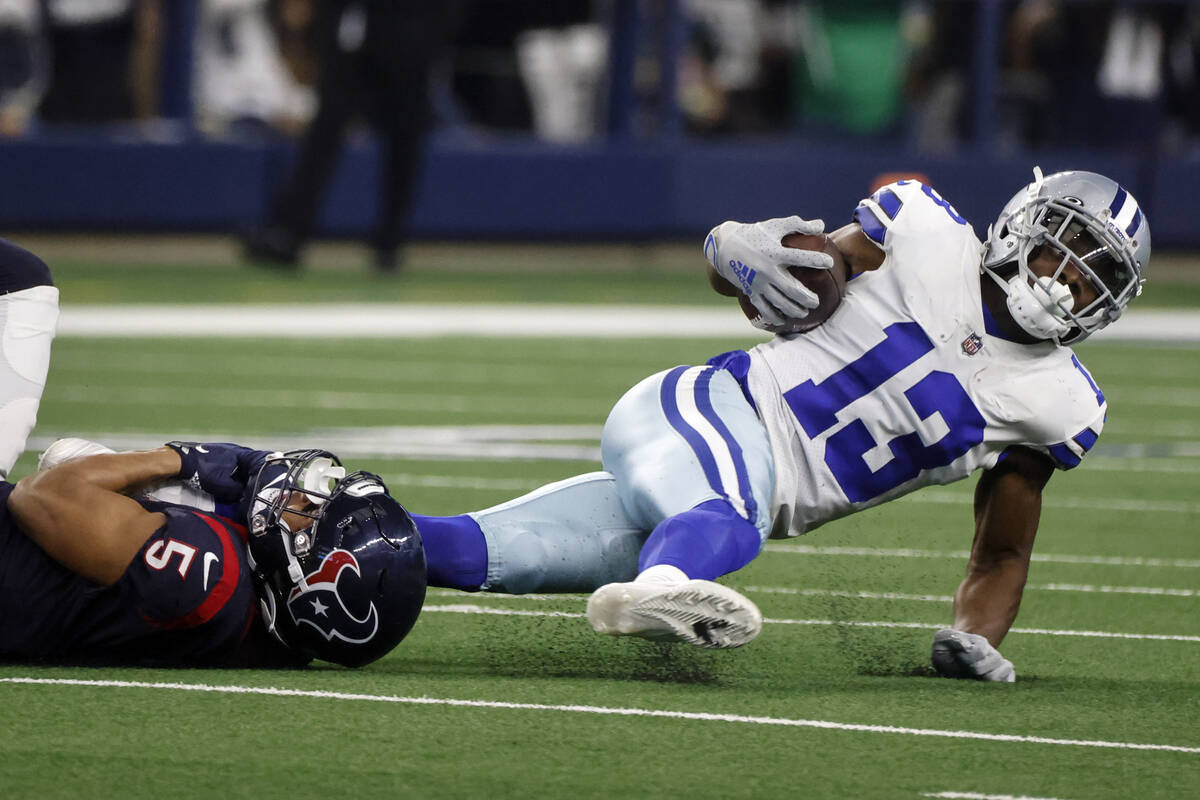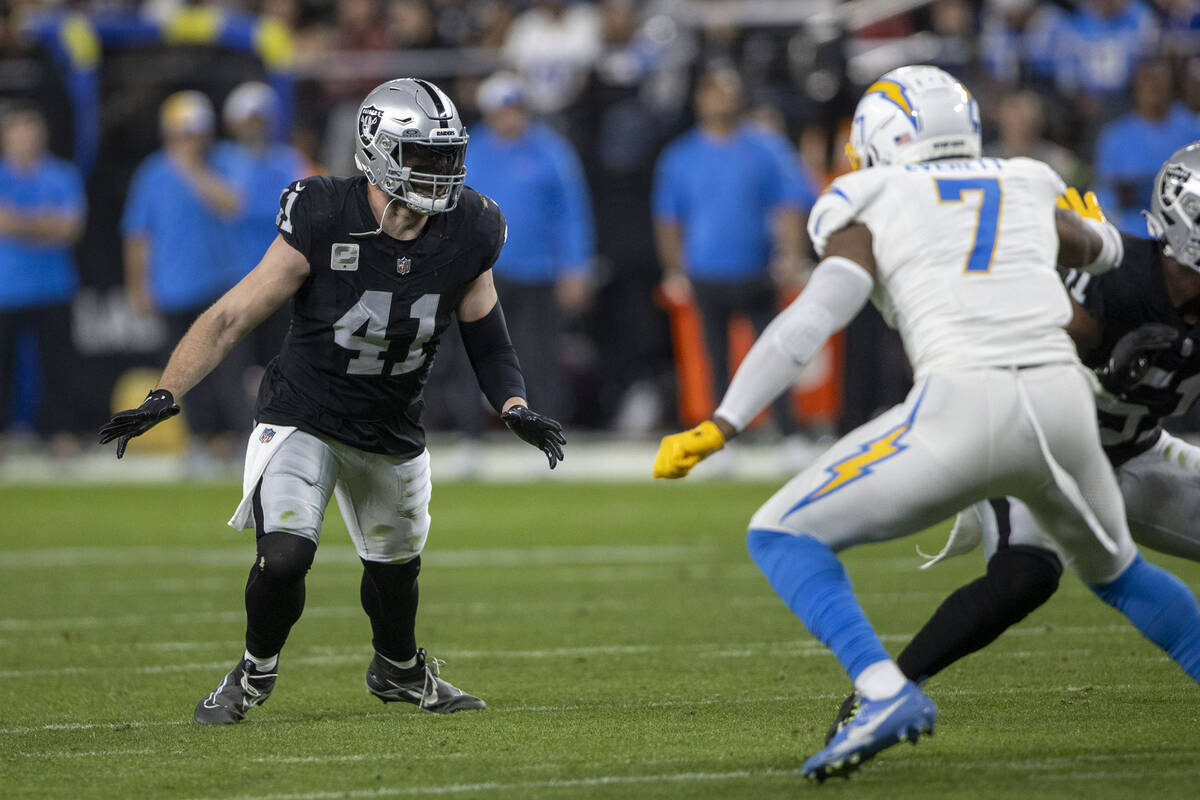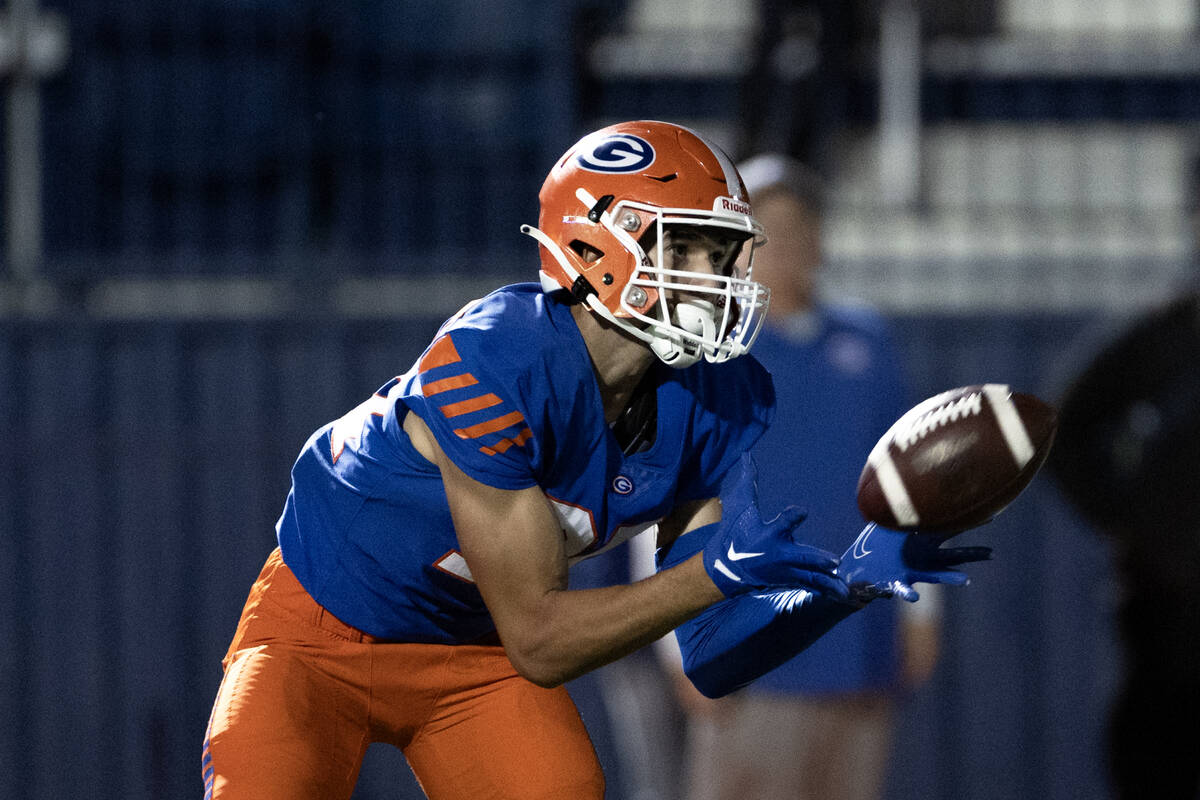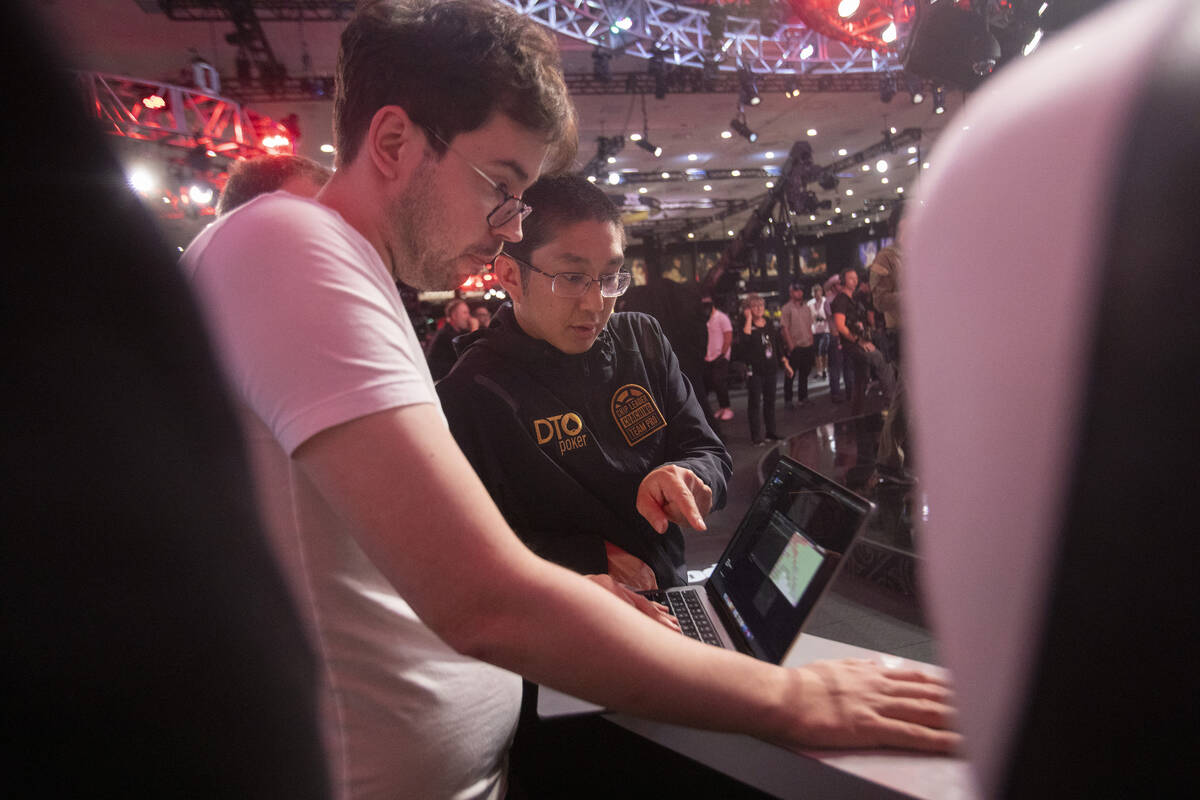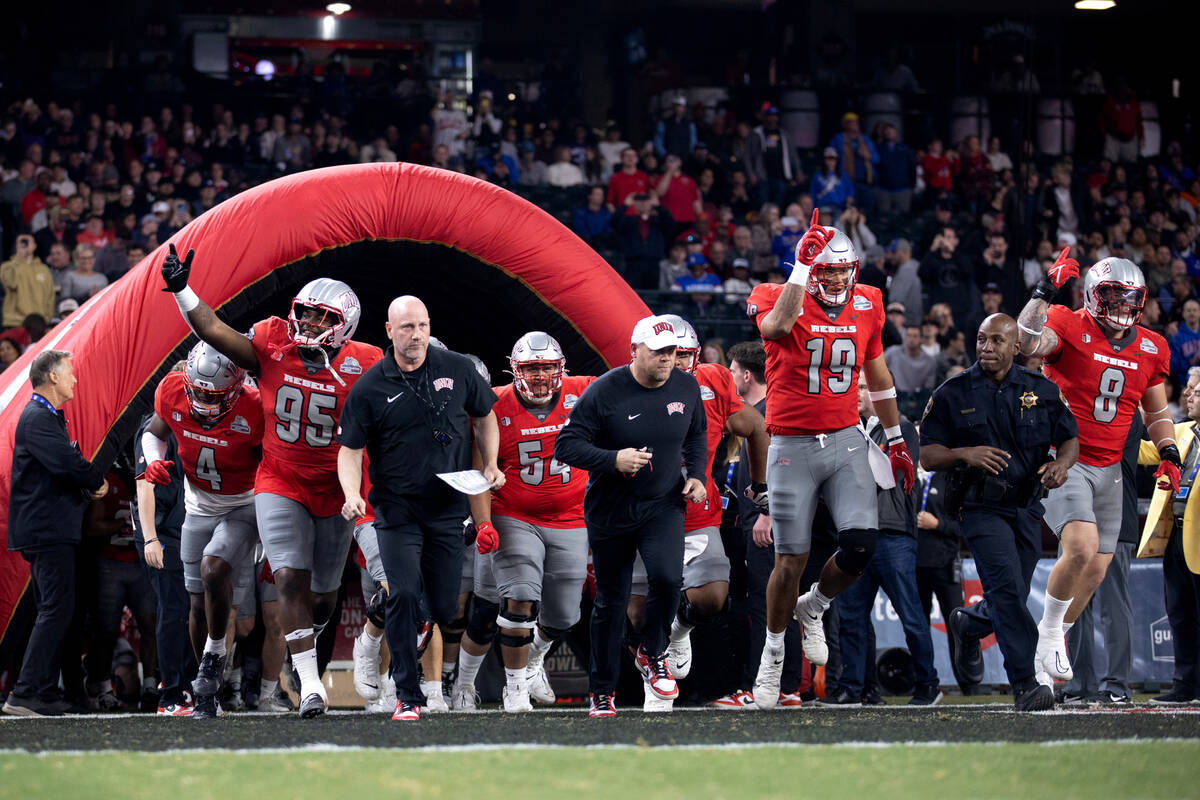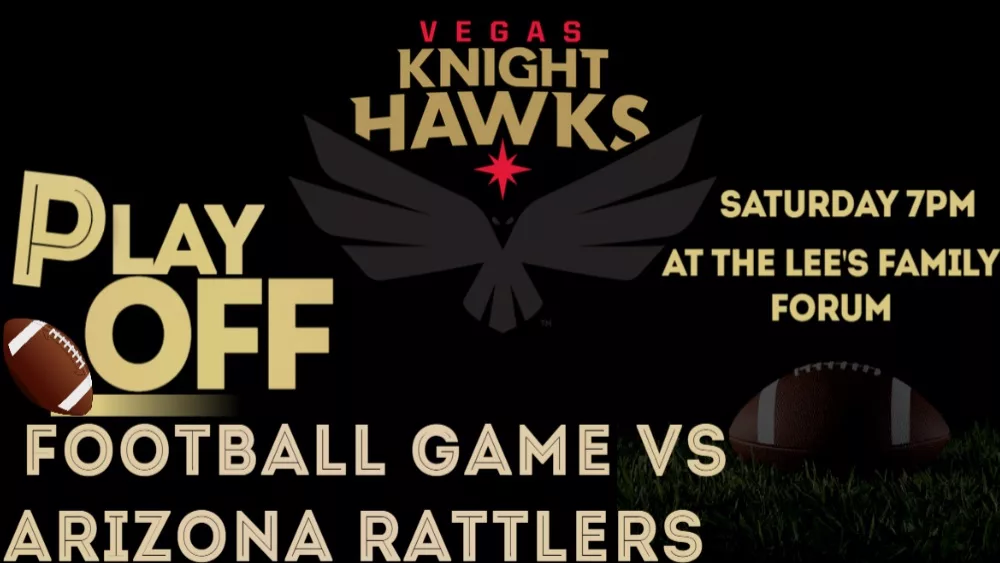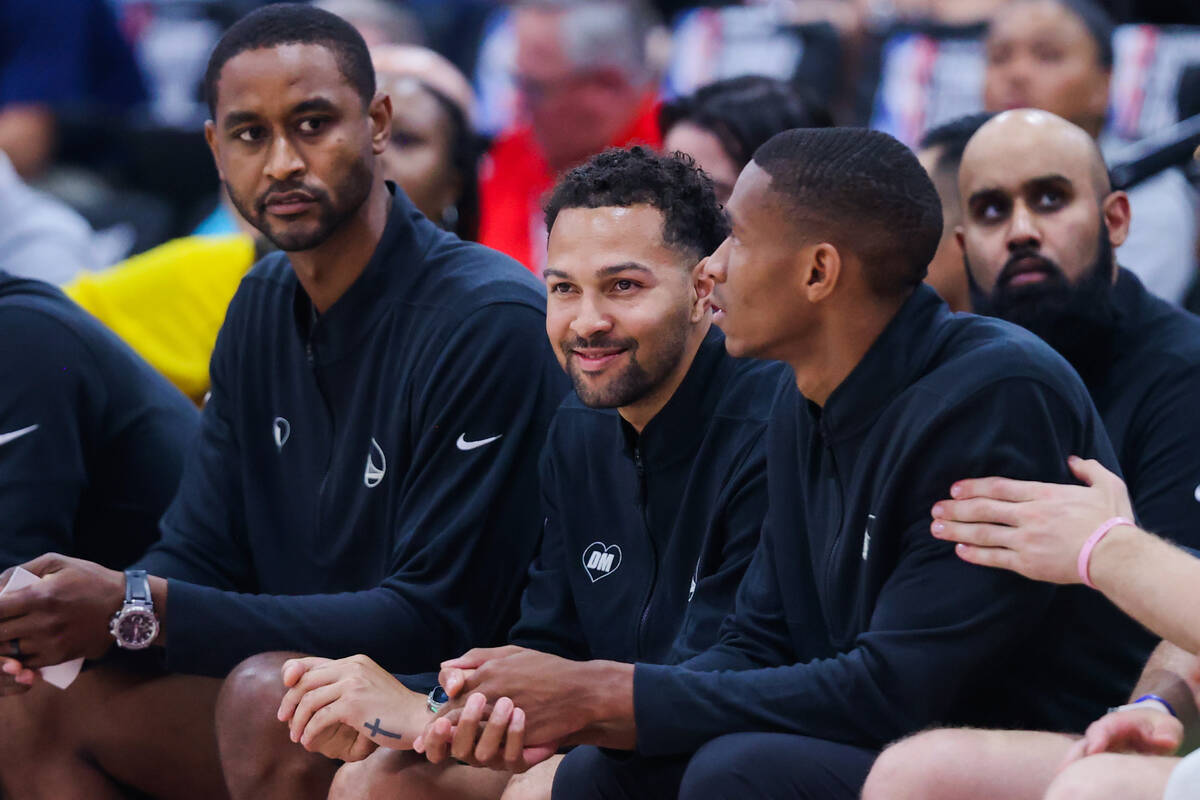The NFL’s franchise tag window opened Tuesday, leaving the Raiders with a major decision involving star running back Josh Jacobs.
Ideally for Jacobs, who led the NFL in rushing last season, the Raiders come to terms with the pending free agent on a long-term contract.
But even if they can’t reach an agreement, it doesn’t necessarily mean that Jacobs has played his final game in a Raiders uniform.
That’s where the franchise tag window comes into play.
Between now and March 7, the Raiders can apply one of two franchise tag distinctions on Jacobs. Each option provides some level of contractual control of Jacobs for at least one more season, with one creating the opportunity to be handsomely compensated with future draft capital should he leave for another team.
So what exactly is the franchise tag?
The basics
Each offseason, every team is allowed one franchise tag to maintain the rights of a pending unrestricted free agent for the following season. In other words, it’s an option if a team is having trouble coming to contract terms with a coveted player — whether it’s to buy more time to negotiate a new deal or keep them for one more season.
While it’s unusual, a player can be tagged in three consecutive seasons. But the price increases over the course of the three seasons.
There’s two options for using the franchise tag on a player.
Non-exclusive franchise tag
The most utilized is the non-exclusive tag. It pays the player a one-year salary representing the greater dollar figure between the top five average yearly salaries of players at his position over the past five seasons, or 120 percent of his last salary.
The non-exclusive designation means precisely what one would think. It allows the player to negotiate a new deal with other teams, the stipulation being his current team has the right to match any contract offer. If his current team opts against matching the offer, the new team surrenders two first-round draft picks as compensation.
Exclusive franchise tag
The exclusive tag prohibits the player from negotiating with other teams. But there is a pay increase, as the one-year salary equals the average of the top five salaries of that position for that season — as opposed to the average over a five-year period on the non-exclusive tag — or for 120 percent of the player’s last salary, whichever is greater.
What’s next for Jacobs, Raiders?
Jacobs said at the Pro Bowl that he expected contract talks with the Raiders to begin during Super Bowl week. Assuming that was the case, he and the club could come to terms on a new contract before the franchise tag deadline.
But if there is no immediate path to a new deal, the Raiders could use the franchise tag option to protect their interests.
Doing so would not eliminate the possibility of the sides agreeing on a long-term deal, but a new contract would have to be signed by July 15. After that, Jacobs would have to play next season on the terms of the franchise tag.
The Raiders are in this situation because they declined to pick up the fifth-year option on Jacobs, a 2019 first-round pick. If they decide to tag him, he would make $10,091,000 next season.
Jacobs, 25, obviously wants a long-term deal with a large chunk of guaranteed money and would be upset if that doesn’t happen. Or, as he said at the Pro Bowl when asked how he would feel if the franchise tag was used on him, “Hero turned villain.”
Contact Vincent Bonsignore at [email protected]. Follow @VinnyBonsignore on Twitter.

